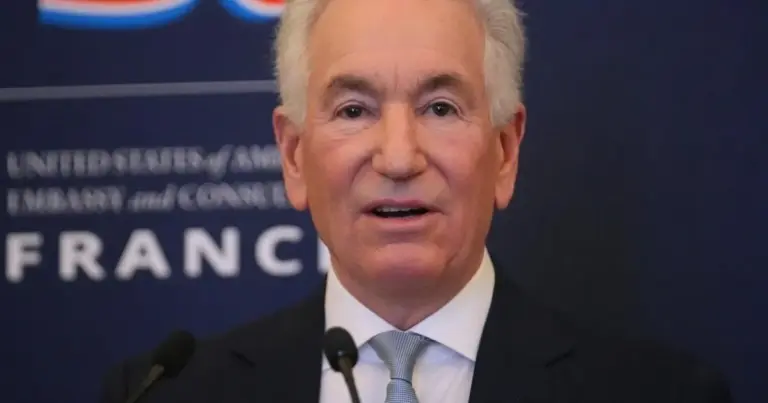
Introduction
Ion Iliescu, a pivotal figure in Romanian politics, has played a significant role in the country’s transition from communism to democracy. As the country’s president during crucial periods post-1989, his influence shaped Romania’s political landscape, making an understanding of his career essential for grasping contemporary Romanian society.
Political Background
Born on March 3, 1930, in Oltenita, Ion Iliescu began his political life in the communist regime, where he took on various roles within the Romanian Communist Party. His political ascent took a dramatic turn during the Revolution of 1989, which led to the fall of communism in Romania. Iliescu emerged as a leader of the National Salvation Front, a group that claimed to represent the revolutionaries.
Presidency and Policies
Ion Iliescu served as the President of Romania in two non-consecutive terms, first from 1990 to 1996 and later from 2000 to 2004. His administration aimed to stabilize the country during its economic and political transformation. He was known for advocating a gradual approach to economic reform, prioritizing social stability over rapid privatization, which endeared him to many citizens who feared the repercussions of sudden changes.
Iliescu’s presidency also saw Romania make significant strides towards European integration, laying the groundwork for its eventual accession to NATO in 2004 and the European Union in 2007. However, his tenure was not without controversy. His government faced criticism for alleged corruption and for his handling of the 1990 Mineriad, where violent clashes occurred between miners and anti-government protesters.
Legacy and Current Relevance
After leaving office, Iliescu remained a prominent figure in Romanian politics, continuing to influence the Social Democratic Party’s direction. His legacy is complex; while he is credited with playing a crucial role in transitioning Romania towards democracy, critics argue that he fostered political divisions that have persisted in Romanian society.
Conclusion
Ion Iliescu’s impact on Romania cannot be overstated. As the nation grapples with its political identity, understanding Iliescu’s role provides insights into contemporary issues facing Romanian politics. His story exemplifies the challenges and triumphs of a country navigating the complexities of democracy after decades of authoritarian rule. As Romania progresses, the question of how Iliescu’s policies continue to influence the future remains relevant for both historians and citizens alike.



